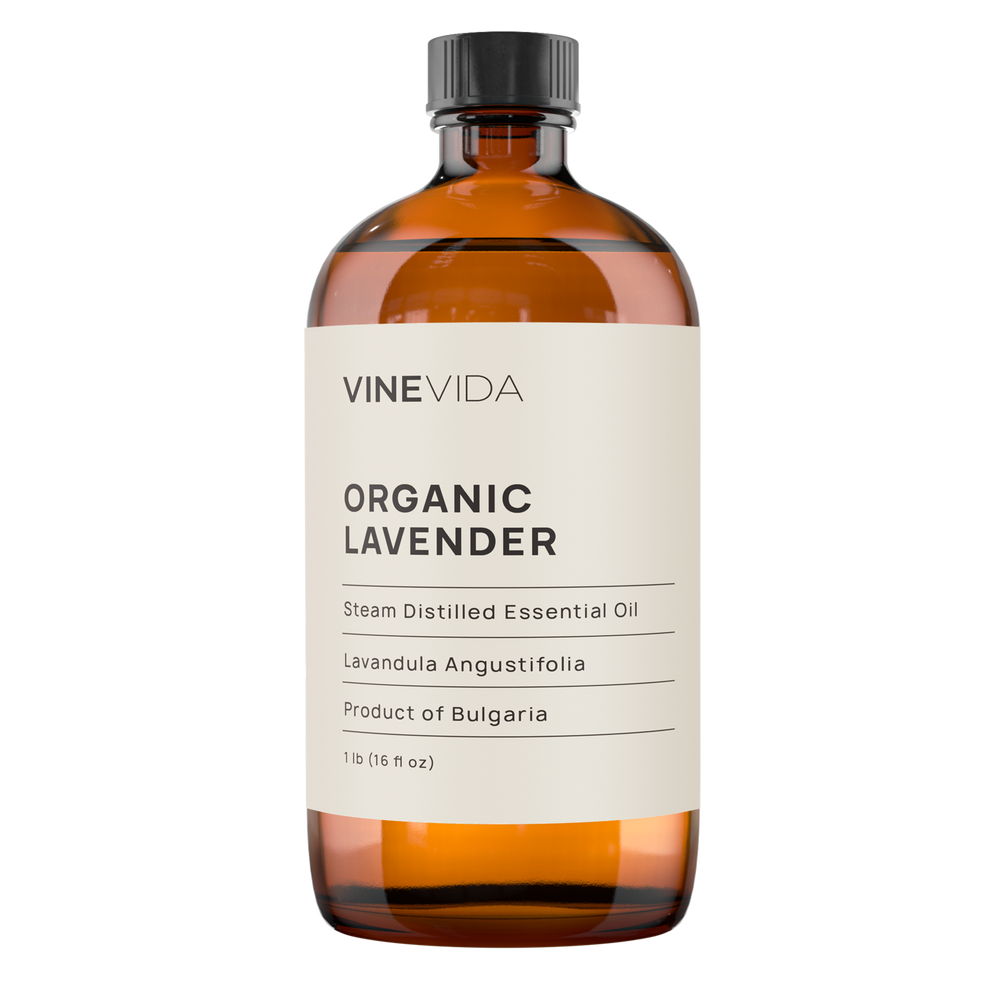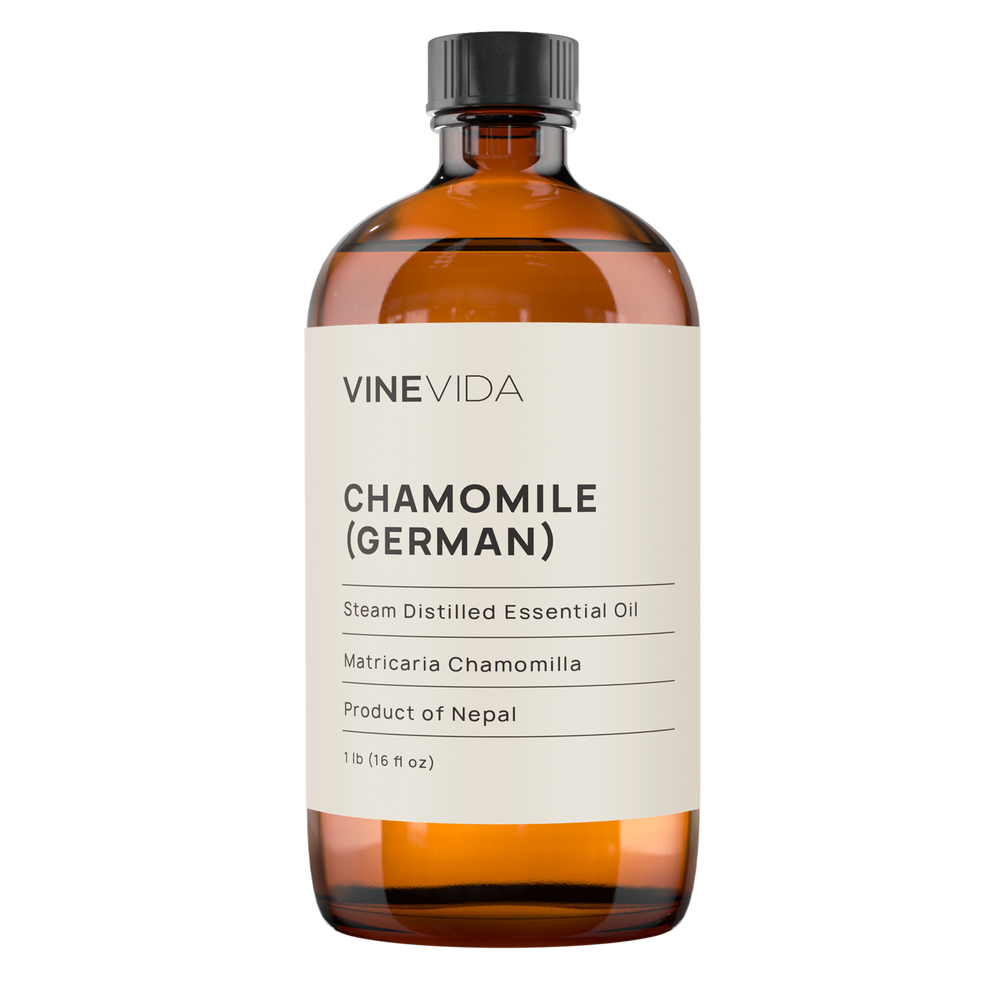Essential oils are reputed to have various benefits and uses, including the treatment of cold sores. So, what does research have to say about it? While limited, studies indicate that certain essential oils for cold stores may effectively treat herpes simplex, the virus that causes cold sores.
In this article, we will cover,
- Some of the most commonly recommended oils for cold sores.
- Correct methods of use
- The best essential oils are those identified as anti-viral essential oils.
Additionally, it’s important always to ensure you use high-quality products as essential oils are not regulated.
So, whether you are looking for essential oils for canker sores, mouth sores, or fever blisters, keep reading as we delve into the best essential oils for cold sores.
What Exactly Are Cold Sores?
Cold sores are blisters on the lips or skin around the mouth, nose, and chin. They are caused by the herpes simplex virus and can spread easily. People are infected as children or young adults, and the infection lasts for life. Cold sores will usually get betta enters the body.
Typically, most people experience localized tingling and itching a day or two before the cold sore appears. You may experience slight discomfort, soreness, and a heat or burning sensation as the blisters develop. A few days later, the blisters burst and started to crust over. After approximately 10 days, the crust dries out and falls off.
How Do Cold Sores Spread and What Causes Them?
Cold sores are caused by a virus called herpes simplex. This highly evolved virus will stay in your skin for the rest of your life once you have it. Sometimes it causes cold sores, which are usually activated by sun, cold, or generally being run down... Most people catch the virus when they're young after having close skin contact with someone with a cold sore. Kissing, for example, could cause this.
They spread between people through contact with saliva or direct contact with a blister. This can happen by sharing toothbrushes, sharing drink bottles, sharing cutlery, and sharing kisses with an infected person.
What Are the Benefits of Essential Oils for Cold Sores?
Essential oils have many recognized therapeutic benefits and are noted for their antiviral, antiseptic, and anti-inflammatory abilities.
For the most part, essential oils will be effective in supporting healthy immune function.
Using Essential Oils for Cold Sores
Cold sores—sometimes referred to as fever blisters—are infections caused by the herpes simplex virus (HSV). Once you have HSV, factors such as weak immunity, hormones, or exposure to changing weather patterns can bring on an outbreak. The blisters, which are open sores, generally form around the mouth. There is no cure for HSV, though doctors can prescribe various treatments. These are usually antiviral and over-the-counter pain relief medications.
Research indicates that using essential oils for cold sores can work in two different ways:
- Direct Virucidal Activity
- Interacting with HSV to inhibit cell adsorption.
Though preliminary research is promising, more human trials are necessary for essential oils to be labeled as concrete treatment.
Which Essential Oils are Best for Cold Sores
1. Tea Tree Essential Oil
Tea tree oil contains constituents with antiseptic, antiviral, and anti-inflammatory properties. Tea tree oil may effectively reduce symptoms of cold sores, as in in-vitro studies, it displays a high level of antiviral activity against HSV.
If you wish to use a tea tree to treat your cold sores, remember that essential oils should never be put directly onto the skin. Instead, use a carrier oil to dilute the oil first, using 6-10 drops for every ounce of carrier oil.
2. Peppermint Essential Oil
Using peppermint oil for cold sores is not a new treatment method. Peppermint oil is one of the more thoroughly researched oils in terms of HSV. Studies indicate that peppermint oil acts as a virucidal agent against herpes simplex and may potentially be an effective topical treatment.
Peppermint also has some analgesic effects, which can offer pain relief. This makes it one of our favorites on this list of the best essential oils for cold sores. So, how do you dilute peppermint oil for cold sores? Dilute the Peppermint oil with a carrier oil by adding 6 drops of the essential oil to 1oz of carrier such as coconut oil, then apply directly to the sore with a sterile cotton bud or q-tip.
3. Oregano Essential Oil
For decades, the use of oregano oil for cold sores and skin ailments has been highly recommended. Oregano contains constituents with antibacterial properties, and research indicates it may be effective in wound healing. This is of note as more and more bacteria are becoming antibiotic-resistant.
Though there is a lack of evidence on using oregano oil for cold sores, many people claim it can prove beneficial. As always, dilute oregano oil with a mild carrier oil before applying it to the skin.
4. Ginger Essential Oil
Ginger oil is a warming oil that can effectively reduce pain resulting from HSV. Additionally, it was part of a study looking at the best essential oils for cold sores. Results indicate that ginger may be a potential antiviral agent against HSV, though more research is necessary.
Use a mild carrier oil such as jojoba or sweet almond, and start with 5-6 drops of ginger oil per ounce. Apply to a skin test area first to ensure no irritation occurs. After 24 hours, if there is no sign of a reaction, use a cotton bud to apply the mixture to the affected area gently.
5. Thyme Essential Oil
The effect of essential oils on cold sores is mainly anecdotal. However, one study involving thyme oil indicates strong antiviral activity against HSV. Like other essential oils, only a limited amount of testing has been conducted. If you are suffering from cold sores, it is best to consult a medical professional and use thyme oil as an adjunct treatment under their advice.
6. Eucalyptus Essential Oil
Eucalyptus essential oil is another oil with some research to back it up. Studies indicate that it shows significant antiviral effects against HSV, meaning it can potentially reduce the duration and effects of cold sores.
This makes it one of the best essential oils for cold sores. Additionally, its cooling, soothing effect may also help with pain relief. Like the other oils on this list, always dilute eucalyptus oil with a carrier oil before applying it to the skin.
7. Lemon Balm Oil (aka Melissa Essential Oil)
In vitro testing on lemon balm oil shows promising results regarding inhibiting virus activity. (Schnitzler, 2011) However, these results don’t necessarily indicate that lemon balm oil will be effective in human patients, though they suggest it may have a future role in treatments.
Use diluted lemon balm oil up to four times daily on the affected area. However, many aromatherapists will speak of clinical experiences using Melissa's essential oil with cold sores.
8. Vanilla Oil
Vanilla oil (or even vanilla extract) is commonly recommended to treat cold sores, but there is no basis for it. While the extract contains some alcohol, meaning it can potentially dry out the cold sore, it won’t do anything to kill the virus. If you like the smell, add vanilla oil to your essential oil blend for cold sores for a little extra fragrance, though we do not consider this oil as one of the best essential oils for cold sores.
9. Lavender Essential Oil
Lavender essential oil is many people’s go-to for all kinds of different skin ailments. It is thought to be able to soothe irritated skin and help heal minor wounds. Cold sores are often painful, and lavender oil may be able to provide some relief, as well as help to reduce inflammation.
See a medical professional for antiviral treatment if you are suffering from an HSV outbreak. However, using lavender oil for cold sores may be an effective adjunct therapy, at least reducing symptoms such as pain and itching.
10. Chamomile Essential Oil
Chamomile essential oil is a natural extract from the chamomile plant. It is widely used in traditional medicine to soothe the skin, and research indicates it may be effective against drug-resistant strains of HSV. To use chamomile oil to help reduce symptoms of cold sores, dilute the oil and gently dab it onto the sores.
How to Choose the Best Essential Oils for Cold Sores
To make it easier, we’ve listed the best essential oils for cold sores. As soon as you feel the tingling feeling on your skin - if you’ve had cold sores before, you know the exact tingly feeling I’m talking about - grab one of the above oils.
Consider These Precautions When Using Essential Oils for Cold Sore Relief
Pure essential oils have very high concentration levels, which makes them very potent. This means they are much too strong to apply to the skin directly. If essential oils are not diluted, it can lead to stinging, burning, and irritation.
Always make sure you dilute the oil first, using 6-10 drops of oil for every ounce of carrier oil. You should never ingest essential oils, so be careful when using them close to your mouth.
Essential Oil Recipe for Cold Sores: Make Your Blend
While many recipes online suggest roller bottles, we do not as it could spread the virus further rather than heal the cold sore. We suggest making a healing oil in a small jar, where you can dip a cotton swab into it to place the blend on your lip or wherever the cold sore is. Give this simple recipe a try.
What you’ll need:
- 3 drops Peppermint Essential Oil (Mentha piperita)
- 3 drops Lemon Balm Essential Oil (Melissa Officinalis)
- 1 drop of Tea Tree Essential Oil (Melaleuca Alternifolia)
- 1 drop Lavender Essential Oil (Lavandula Officinalis)
- 1 teaspoon of Aloe Vera Gel
- 1 teaspoon of Coconut MCT Oil
- Small lip balm jar
Directions: Add ingredients to small lip balm jar, stir to mix in. Apply a small amount onto the affected area with a clean cotton swab.
Conclusion

Cold sores can be painful, annoying, and terrifying. Research on what essential oils are good for cold sores and how to treat them is limited. However, certain oils may help or at least be able to reduce discomfort. It is always best to consult a medical professional, especially if you suffer from continuous outbreaks.
Always discontinue use if there are any signs of irritation or discomfort, and make sure to dilute oils before applying them to the skin properly. You can also try creating an essential oil blend for cold sores using a mix of the oils listed. Just be sure to follow proper dilution guidelines, as outlined by the National Association of Holistic Aromatherapy.
























